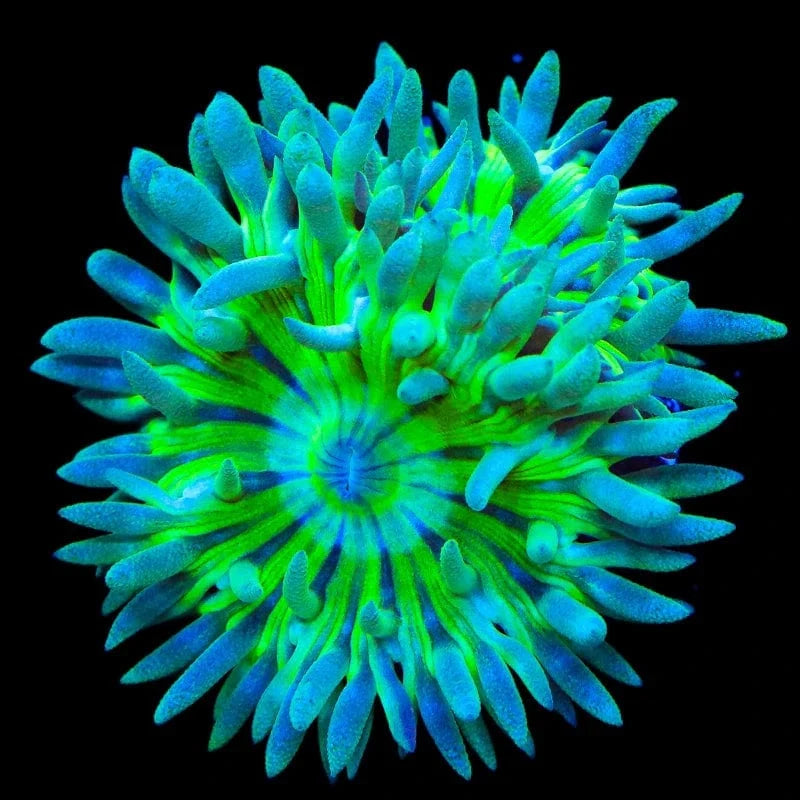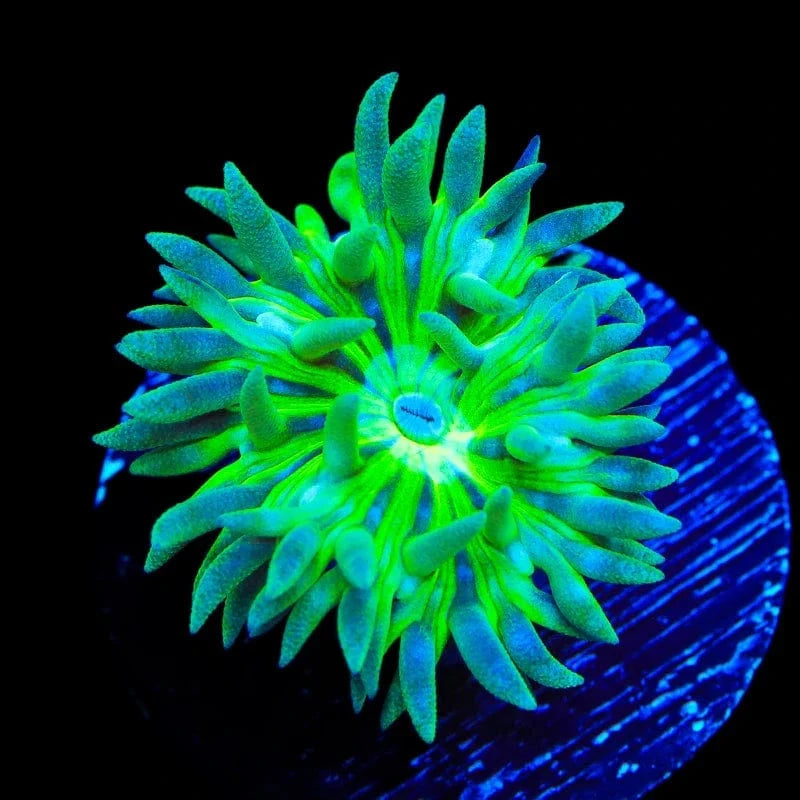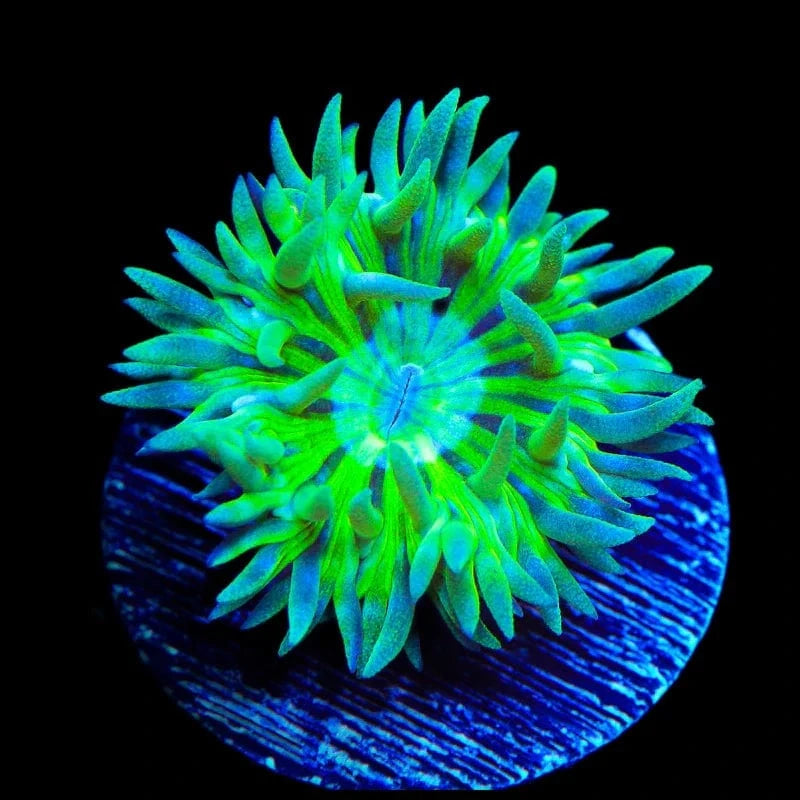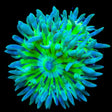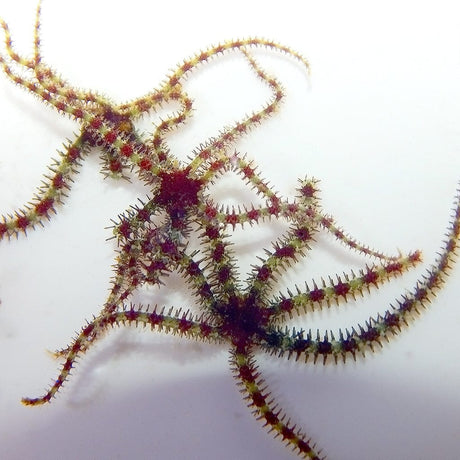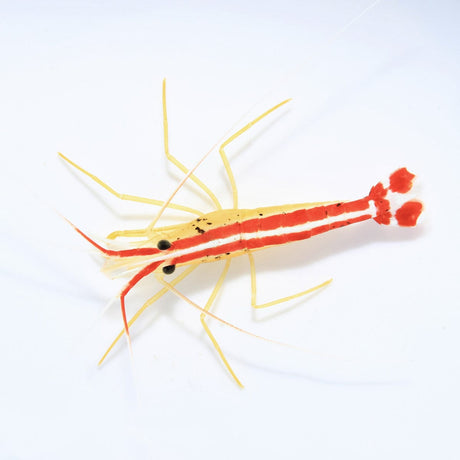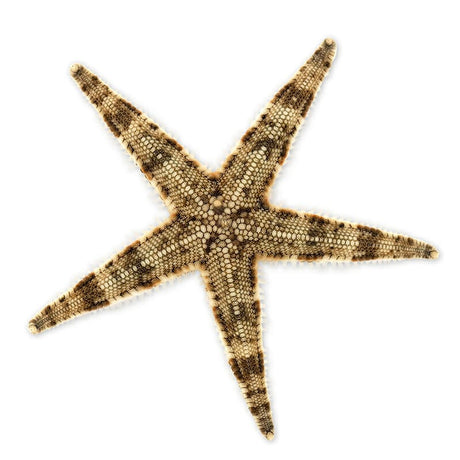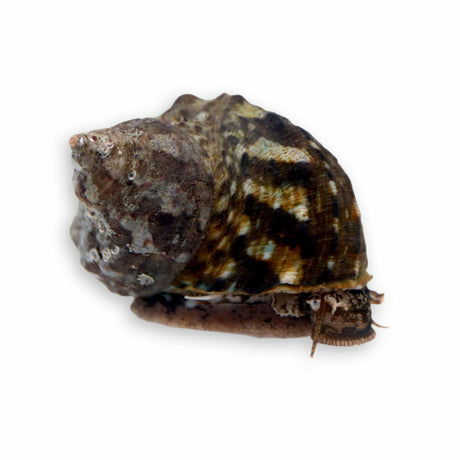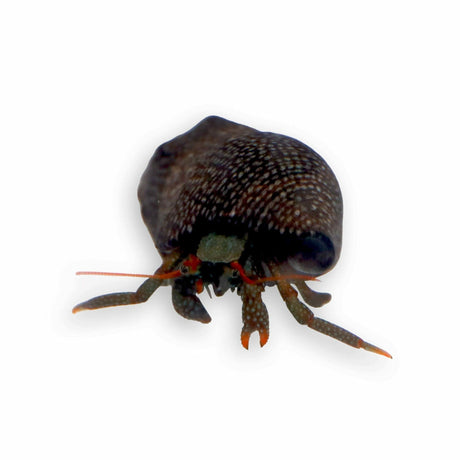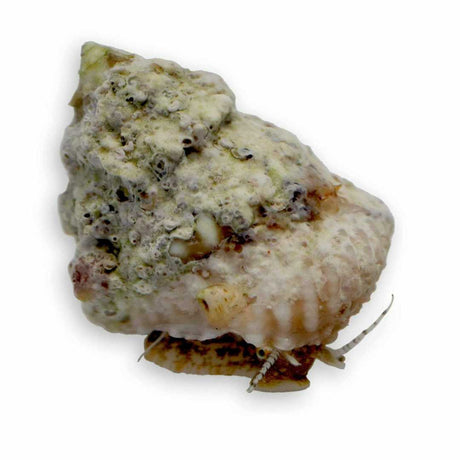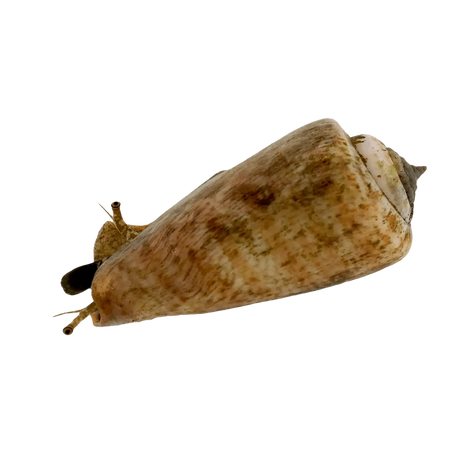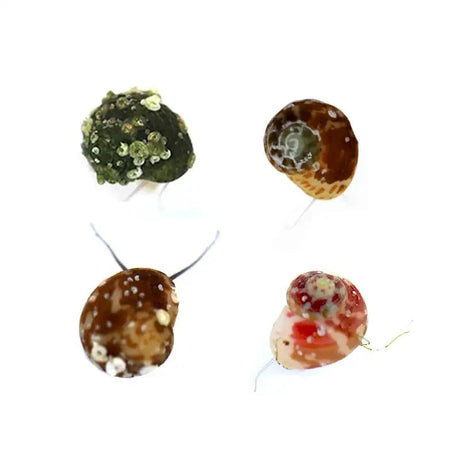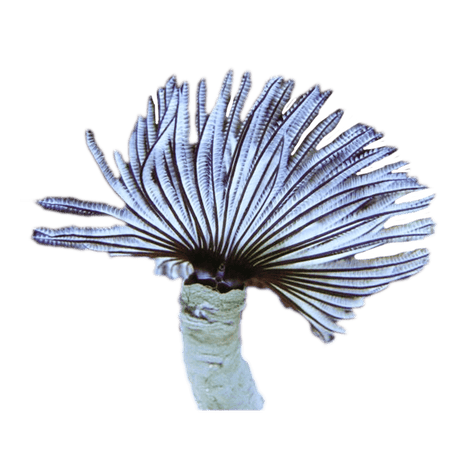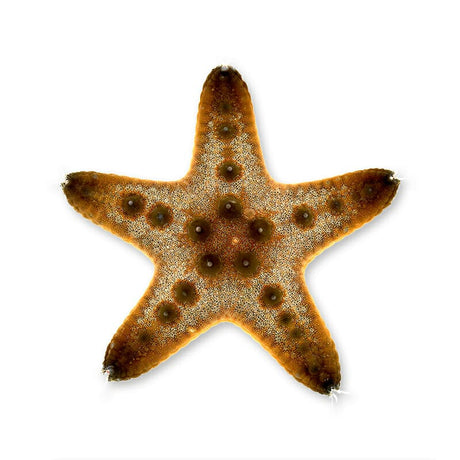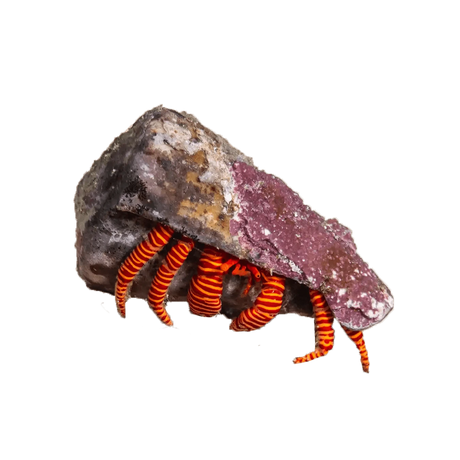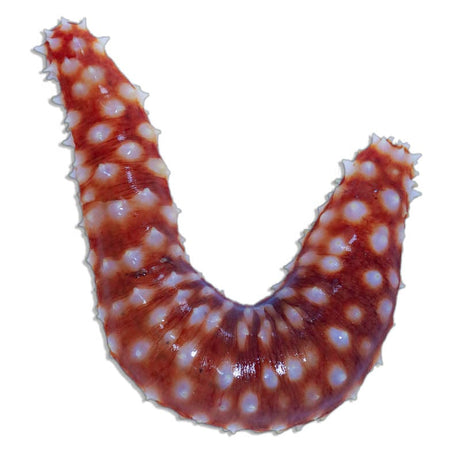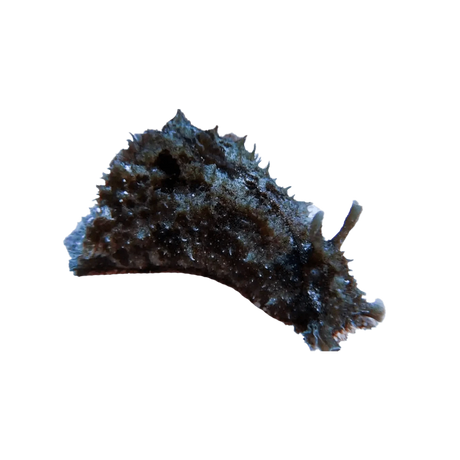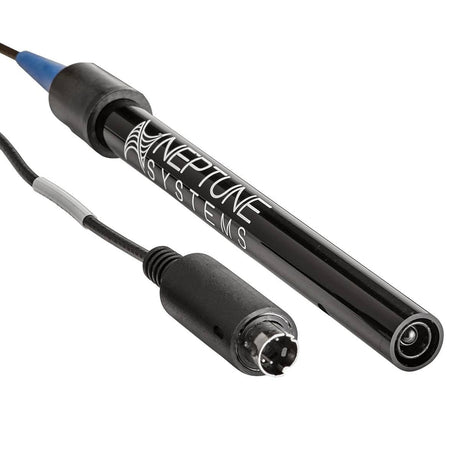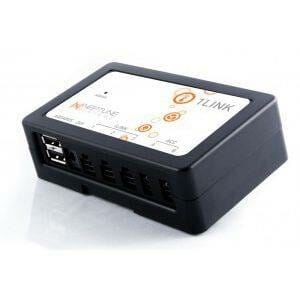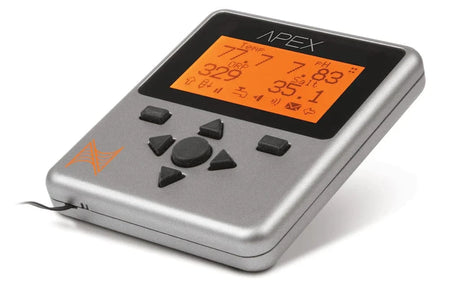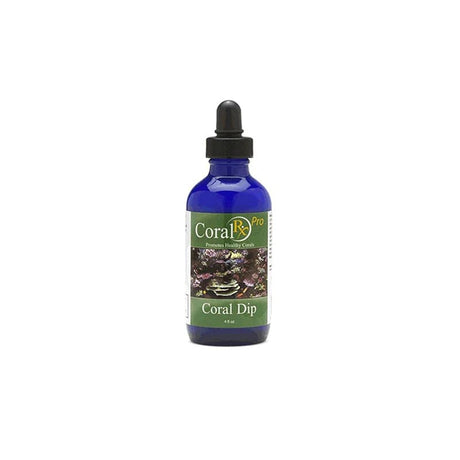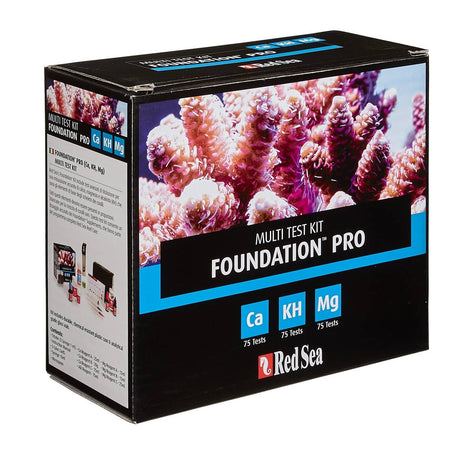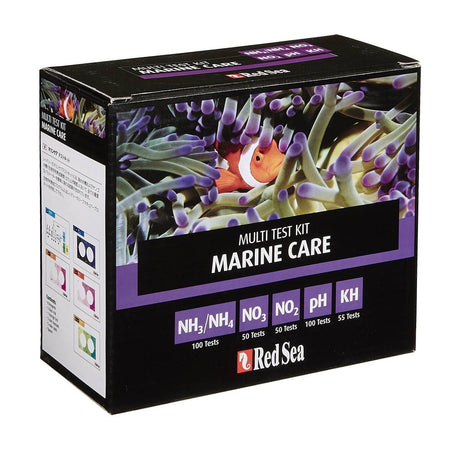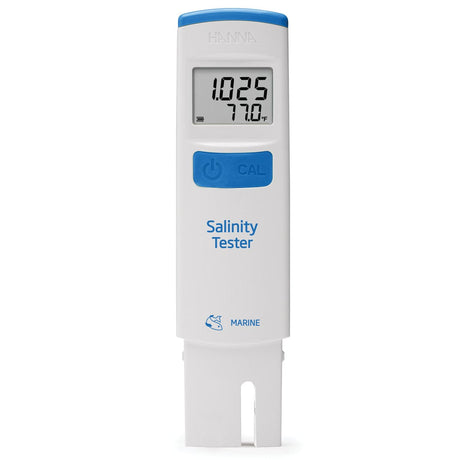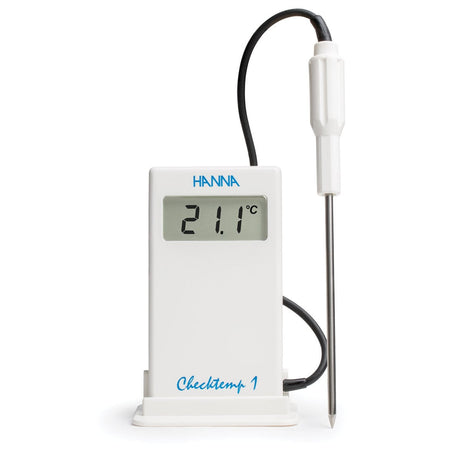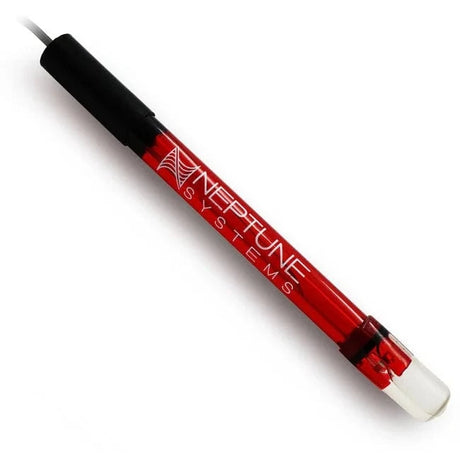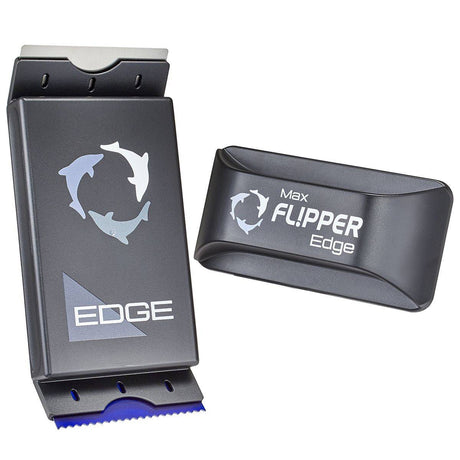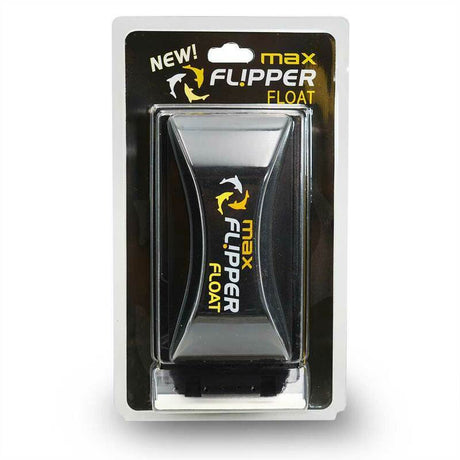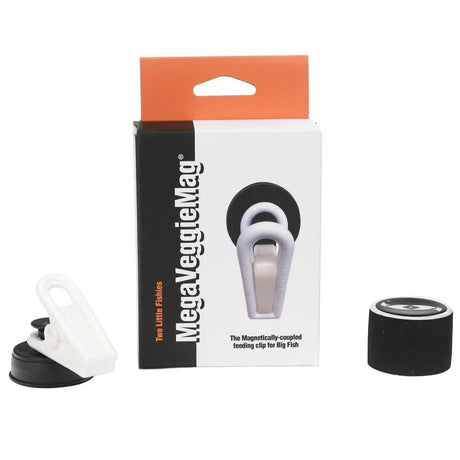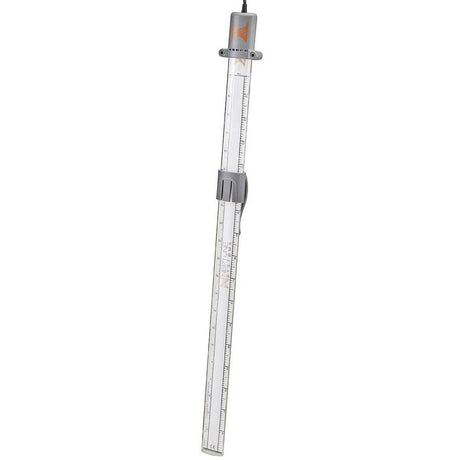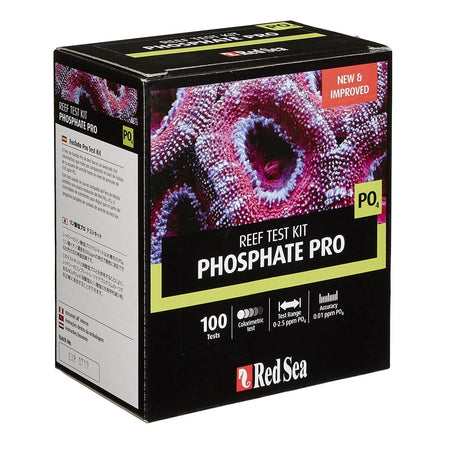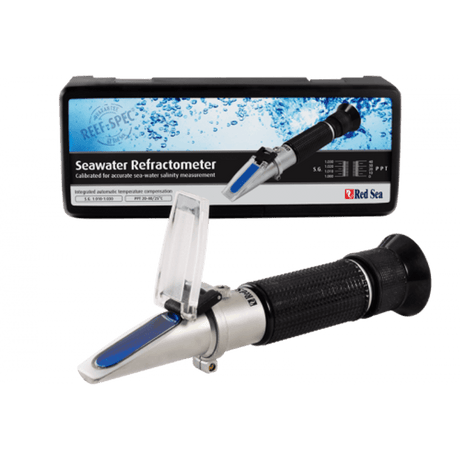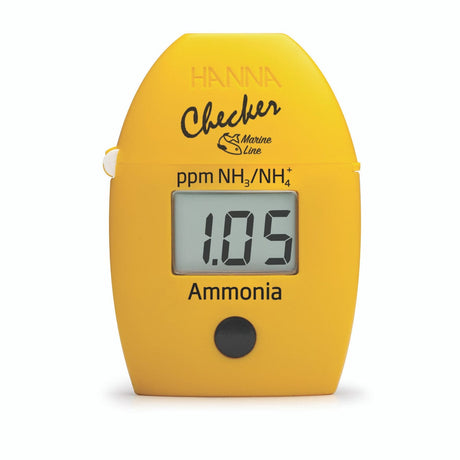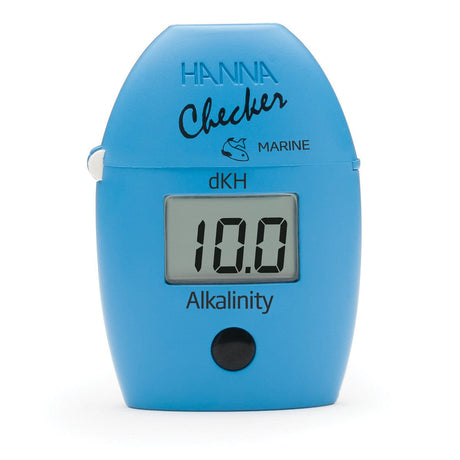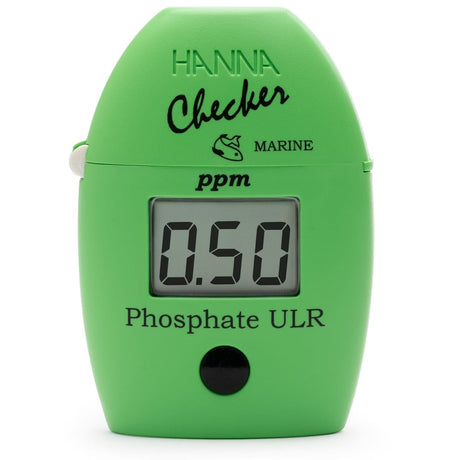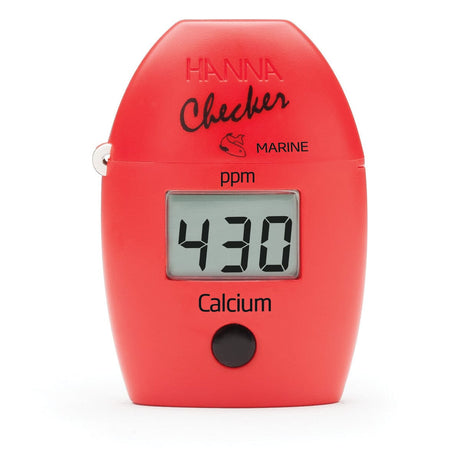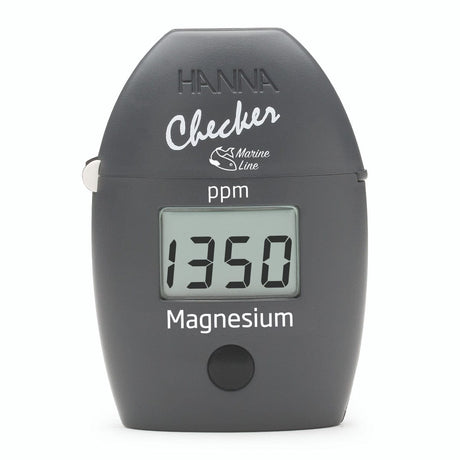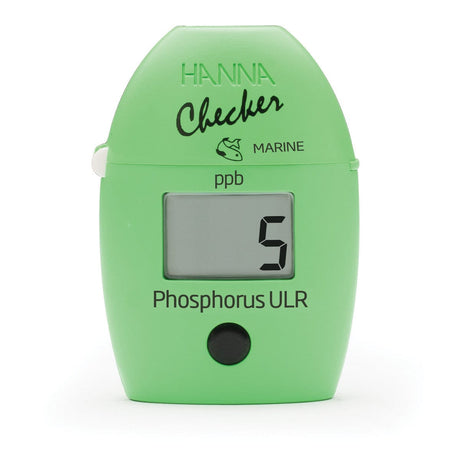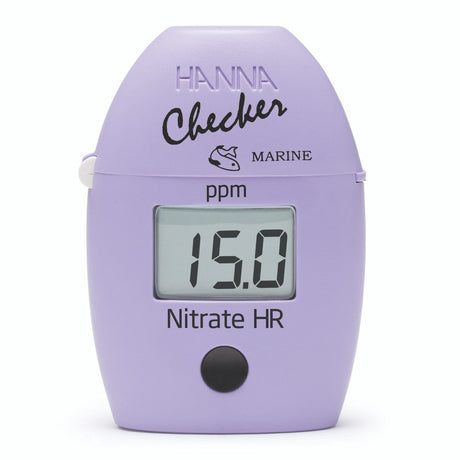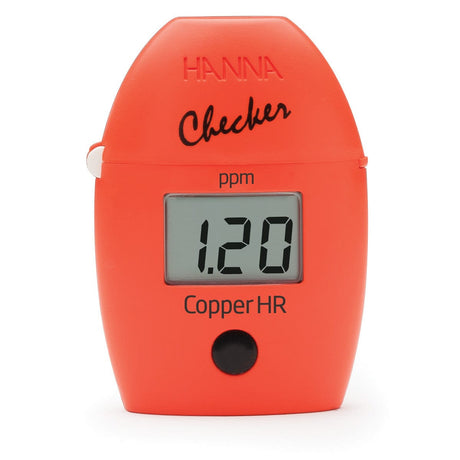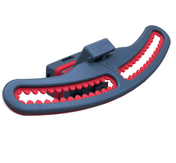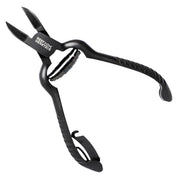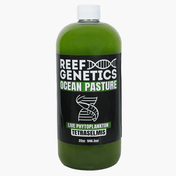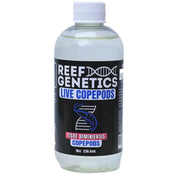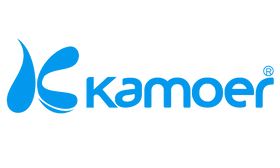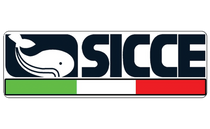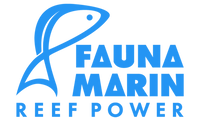Introduction to Duncan Corals
Duncan corals, scientifically known as Duncanopsammia axifuga, are a stunning Large Polyp Stony (LPS) coral species admired for their vibrant coloration and flowing tentacles. Typically displaying hues of green and pink, these corals bring life and movement to any reef tank.
They share a similar growth pattern to Candy Cane corals, developing branching structures with multiple heads that expand into visually striking clusters. Known for their hardy nature and adaptability, Duncans are an excellent choice for reef keepers of all experience levels, adding texture and depth to a variety of aquascapes.
Location
Duncans are native to the shallow reef slopes and lagoonal zones of the Indo-Pacific, particularly in regions like Australia and Indonesia. These habitats provide moderate water movement and nutrient-rich waters that support their growth and health.
In the wild, they are often found attached to rocky substrates or coral rubble, where their branching growth patterns allow them to expand into large colonies. Their ability to adapt to varying flow and light conditions makes them versatile for placement in aquariums, mimicking their natural environment.
Water Chemistry
Duncan corals are relatively hardy and thrive in stable reef tank environments. Consistent water parameters are crucial to ensure their health, growth, and vibrant coloration. The recommended ranges are:
- Calcium: 380–450 ppm
- Alkalinity: 8–9.5 dKH
- Magnesium: 1250–1350 ppm
- Nitrates: 5–15 ppm
- Phosphates: <0.10 ppm
- Temperature: 75–80°F
- Salinity: 1.024–1.026
While Duncans can tolerate minor fluctuations, providing a stable environment with regular testing and appropriate supplementation will encourage robust growth and ensure their long-term health.
Lighting
Duncans flourish under moderate lighting levels, making them adaptable to various spots within a reef tank. A PAR range of 80–150 provides the ideal balance for photosynthesis, supporting their symbiotic zooxanthellae while avoiding stress from excessive light intensity.
When placing Duncans, consider areas in the middle or lower sections of the aquarium where light levels are more subdued. Their tentacles will expand fully in comfortable lighting, creating a flowing, dynamic display. If transitioning them to a new setup, increase light exposure gradually over a few weeks to ensure they adapt without bleaching.
At Top Shelf Aquatics, our carefully calibrated lighting systems, including Ecotech Marine Radions and metal halides, are designed to maintain healthy coral growth and vibrant hues across a variety of species, including Duncan corals.
Water Flow
Duncan corals prefer a gentle to moderate water flow that allows their tentacles to sway naturally without being battered by strong currents. This flow pattern not only enhances their visual appeal but also helps to remove debris and deliver nutrients effectively.
When positioning them in your tank, choose areas where indirect currents create a steady but not overwhelming movement. Too much flow can cause their polyps to retract, while too little might allow detritus to accumulate on their tissue. Striking the right balance will encourage healthy polyp extension and promote steady growth.
At Top Shelf Aquatics, we use a variety of settings on Ecotech Marine MP’s and Reef Octopus Octo Pulse pumps to create a truly random flow pattern that closely mimics natural ocean currents. This dynamic water movement helps Duncan corals thrive by keeping their polyps free of debris while encouraging healthy growth and extension.
What We Feed
Duncan corals are opportunistic feeders that thrive on a combination of light-driven energy from their symbiotic zooxanthellae and supplemental nutrition. While they can sustain themselves under proper lighting, adding extra food to their diet enhances their growth and coloration.
We recommend feeding Duncan corals with a mix of fine-particle foods and meatier options such as mysis shrimp or finely chopped seafood. At Top Shelf Aquatics, our feeding routine includes:
- Tisochrysis
- Rhodomonas
- Tetraselmis
Products like Reef Roids and Benepets are also excellent for providing additional nutrients. To feed, target the coral’s tentacles with a turkey baster or syringe during their active feeding times, often in the evening. Pausing water flow for 10–15 minutes ensures the coral has enough time to capture and absorb the food effectively.
Coloration and Tank Maturity
Duncan corals are celebrated for their vibrant hues, which range from soft greens to striking pinks and purples. These colors are influenced by stable water parameters, proper lighting, and supplemental feeding. Regular care and consistency bring out the best in their coloration and ensure steady growth.
While Duncan corals are relatively fast growers compared to other LPS species, they require time to fully settle into a new environment. Their branching structure allows them to expand into beautiful colonies, adding both movement and visual interest to a reef tank.
Maintaining consistent calcium and alkalinity levels, along with a balanced diet that includes both fine-particle foods and meaty options, supports their growth and keeps their colors vivid. With proper care, these corals can thrive and become a dynamic focal point in your reef system.
Common Challenges
While Duncan corals are hardy and beginner-friendly, they can encounter challenges if tank conditions are not ideal:
- Tissue Retraction: Insufficient water flow or poor water quality may cause their fleshy polyps to retract, limiting their ability to feed and thrive. Ensure moderate, random flow to keep debris off their tissue and provide a healthy environment.
- Bleaching: Sudden changes in lighting intensity or exposure to overly bright light can stress the coral, leading to bleaching. Gradual acclimation to new lighting setups is crucial to prevent this issue.
- Slow Recovery After Damage: If physical damage occurs, such as a polyp being injured, it may take time for the coral to recover. Maintaining stable water parameters and providing targeted feeding during this period helps support tissue regeneration.
- Debris Accumulation: Their tentacle-like polyps can trap debris, which may lead to stress or tissue damage if not removed by adequate water flow.
How We Farm/Propagate This
At Top Shelf Aquatics, we focus on cultivating healthy, vibrant Duncan corals through sustainable aquaculture practices. Each step in our propagation process is designed to minimize stress on the coral and ensure they thrive in home aquariums.
Our propagation begins by selecting robust mother colonies that exhibit excellent coloration and growth. Using precision tools like coral band saws, we carefully cut branches into frags, ensuring clean edges to promote quick healing and growth. The frags are then mounted onto plugs using reef-safe glue or epoxy.
To support the healing process after fragging, we ensure the corals receive frequent feedings of nutrient-rich foods. This promotes faster recovery and encourages the development of vibrant, healthy tissue. Our approach prioritizes both the health of the coral and sustainable aquaculture practices.
Acclimation Guide
Proper acclimation is key to ensuring Duncan corals transition smoothly into your reef system. These steps help minimize stress and set them up for success:
- Temperature Acclimation: Float the bag in your aquarium for 15–20 minutes to equalize the temperature.
- Drip Acclimation (Optional): While not required, drip acclimation can be used to gradually mix your tank water with the coral’s current water. Keep in mind that Duncans generally adapt quickly without it.
- Lighting Acclimation: Start by placing the coral in a lower-light area or reducing light intensity temporarily. Gradually increase the light over 2–3 weeks to prevent bleaching or stress.
- Placement: Secure the coral on rockwork or stable ledges with reef-safe glue or epoxy. Ensure moderate, random water flow that supports healthy polyp extension while keeping debris off the coral.
At Top Shelf Aquatics, we take pride in ensuring your order arrives safely and in perfect condition. Here’s everything you need to know about our shipping process:
Livestock Shipping Details
- Flat Rate Shipping:
- $39.99 Out of State
- $34.99 Florida (In-State)
- Orders over $299 ship FREE!
- NO FREE Shipping during Sale Events
- Shipping Days: The calendar during checkout determines when your livestock order will arrive. Normally we ship Monday - Thursday via FedEx Priority Overnight.
Orders placed by 2 PM EST Monday - Thursday ship the same day. Orders placed after 2 PM or on Fridays will ship the next business day. - Delivery Times: Most packages arrive by 10:30 AM EST, though remote areas may experience later deliveries.
We take every measure to protect your livestock, including specialized packaging to maintain temperature and safety during transit.
Dead on Arrival (DOA) Policy
In the rare event of a DOA, you must submit a DOA Request within 2 hours of delivery (FedEx posted time). Once submitted, we will issue a replacement or store credit for the livestock. Please note:
- Shipping costs are not included in the credit.
- Refunds are not offered for livestock or shipping.
While we cannot be held responsible for delays caused by mechanical or weather issues, rest assured we’ll do everything possible to make it right!
Reef Guard Protection Plan
For ultimate peace of mind, upgrade to our Reef Guard Protection Plan. With Reef Guard, you’ll enjoy:
- Extended Livestock Guarantee: Coverage for up to 5 days.
- Priority Resolutions: Hassle-free claims with fast resolutions.
- Weather & Shipping Delay Coverage: Includes FedEx lost packages and damages.
Shipping Restrictions
- We currently ship livestock only within the continental U.S.
- Note: Due to Hawaii state law, we are unable to ship corals to Hawaii.
Now’s the perfect time to prepare your aquarium for its new additions. Consider doing a water change and ensuring space is ready. Check out our YouTube channel for detailed care instructions for your new corals!
For any questions or concerns, feel free to reach out to our support team. We’re here to help make your reefing journey a success!
How We Capture Stunning Coral Photos
Our Gear:
We rely on the EOS R1 Mirrorless Camera for its unmatched ability to produce high-resolution, true-to-life images. This advanced camera is designed to excel in challenging lighting conditions, like those found in reef aquariums, capturing even the most subtle details with exceptional precision. Its fast focusing system ensures every shot is sharp, even in dynamic environments.
Our lens of choice is the EF 100mm f/2.8L Macro IS USM, a professional-grade macro lens specifically designed for close-up photography. This lens excels at capturing fine details like polyp extensions and intricate coral textures while maintaining accurate color reproduction. Its 100mm focal length allows us to shoot at a comfortable distance without disturbing the coral, and the advanced Image Stabilization (IS) ensures consistently sharp results. This is particularly important when photographing under water flow, where steady hands make all the difference.
Lighting Settings:
To bring out the vibrant fluorescence and rich hues of our corals, we photograph them under Ecotech Marine Radion XR30 Blues with these precise settings:
- 100% Violet
- 100% UV
- 100% Deep Blue
- 50% Blue
We also apply a custom white balance to ensure the colors you see in the photos match the corals' natural appearance in a properly lit aquarium.
We take great care with our photography to make sure every coral looks as vibrant and true-to-life as it does in person, so you can easily picture it thriving in your own reef.
Inverts ship FREE with Corals
View allThese items ship FREE with Corals
View allNew content loaded
